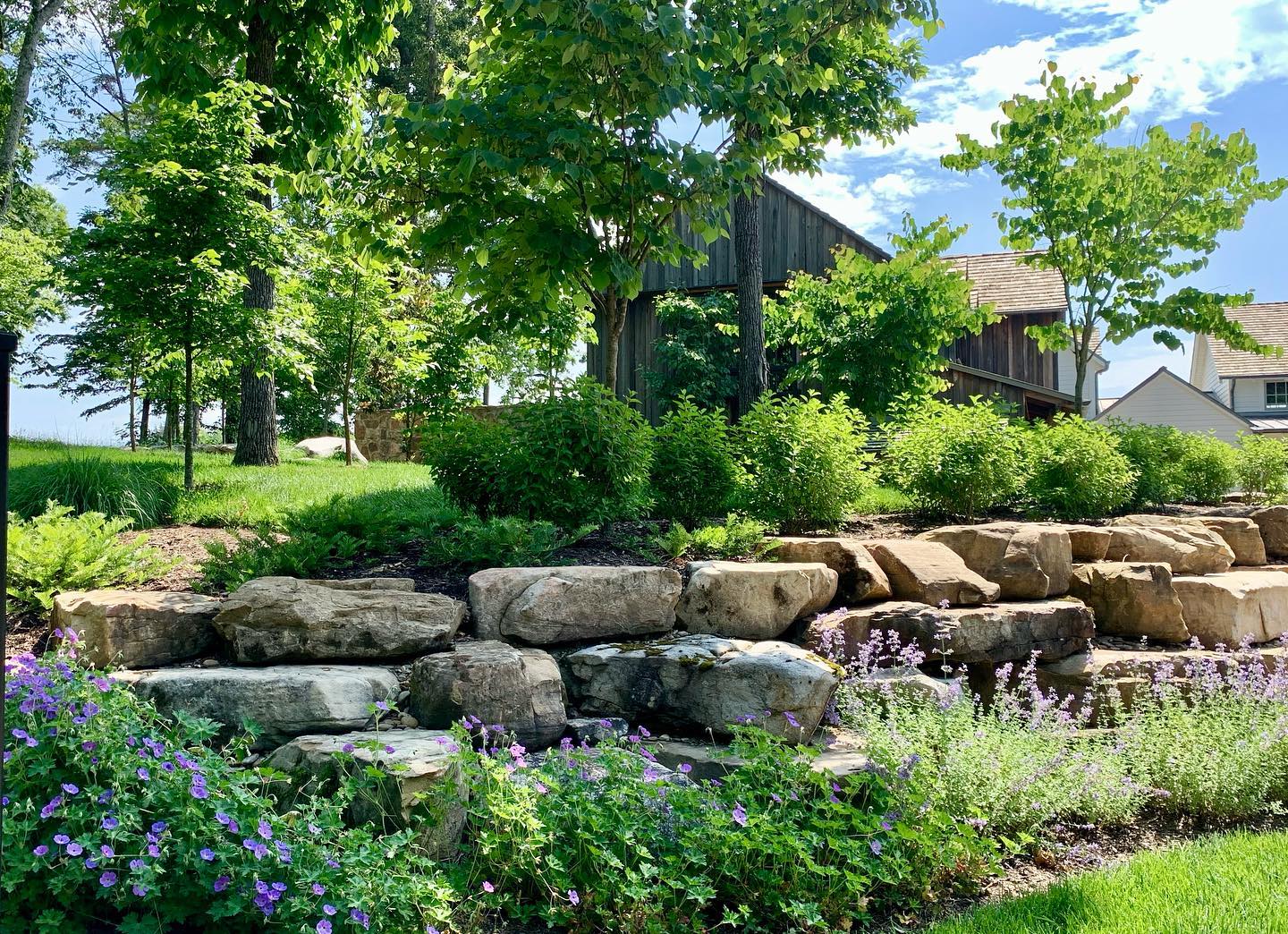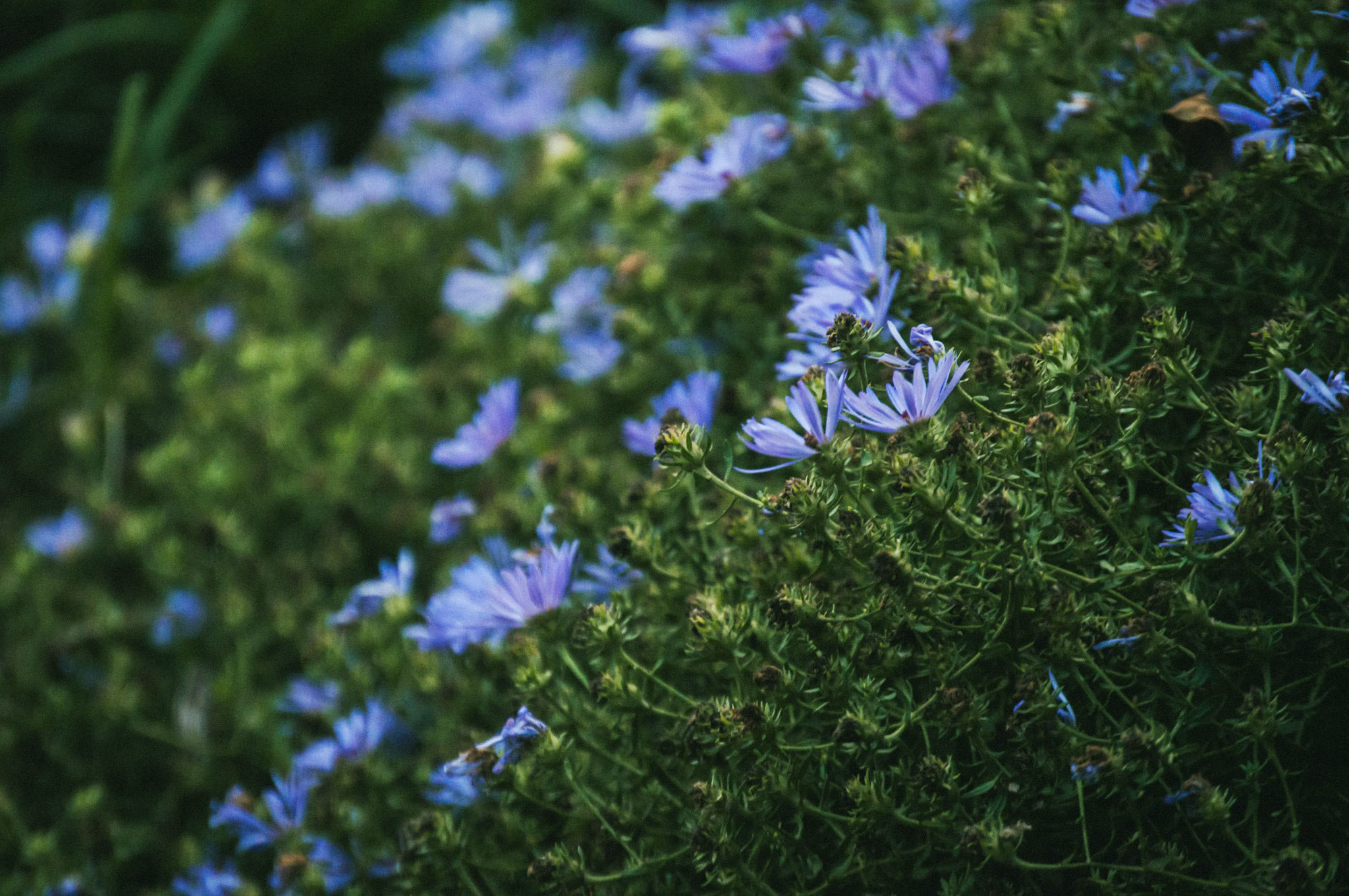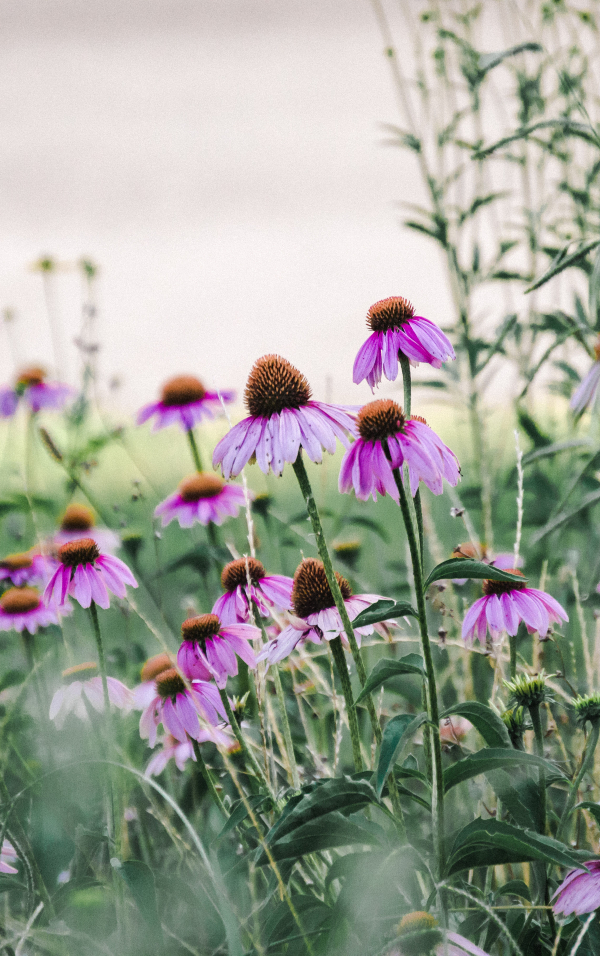The Garden That Keeps On Growing
This summer, we’ve been experiencing some record-breaking heat here in Knoxville. While the high temperatures aren’t unfamiliar to us, they can be a shock to your garden – and as we head deeper into the season, Knoxvillians know the heat won’t be letting up anytime soon. Chances are, you put a lot of work into your garden, and the sweltering climate shouldn’t be a reason to give up on it. To keep your spirits (and plants) from wilting, the following tips will help to make sure your garden thrives through the summer and beyond.
Water Wisely
There are small strategies for watering your garden that can make a world of difference. First, you want to make sure you water your plants early in the morning. Examine them first thing when it’s cooler, and if you noticed any wilting, water those plants deeply. This will encourage roots to grow deeper and get away from the surface of the hot soil.
You should also avoid wetting your plants’ leaves when possible because wet leaves increase the chances of disease. If you use a sprinkler system to water your garden, leaves will obviously get wet, but running your sprinklers in the early morning will give the foliage plenty of time to dry before the sun starts beating.
Watching your garden for an “indicator” plant throughout the day is another way to ensure you’re watering wisely. Your indicator plant is the first plan to wilt as the soil becomes dry. When its leaves begin to droop, that’s when you’ll know it’s time to water. Healthy plants will recover from wilting once the evening’s cooler air rolls in.


Weed Often
Weeding isn’t a particularly loved part of gardening, but it’s a process of high importance if you want to keep your plants growing strong. Just like your garden’s beauties, weeds drink water, and they will fight with domestic plants for hydration. To ensure they don’t steal any water away, make a habit of checking your garden for weeds while you’re watering in the early morning hours. Doing so will allow you to throw weeds out on a rolling basis before they can begin to spread and cause trouble.
Don’t Skip Mulch
Mulch is a sort of protector for your garden. It provides a barrier between the hot sun and the soil, keeping it cooler and preventing it from rapid drying. Mulch around your garden with grass cuttings, straw, or shredded leaves, but be careful to keep it loose. Laying it on too thick or allowing it to become compacted will get in the way of water reaching the underlying soil.

Fertilize & Feed
Water isn’t the only component of a healthy plant diet. Actively growing plants need a steady supply of nutrients, which makes fertilizer a key factor too. Soil, water, and air provide plenty of nutrients on their own, but you’ll need to provide the rest. And since not all plants should be fed the same, it’s important to understand the necessary nutrients and amounts of each. Here’s some basic information to start.
Macronutrients
Macronutrients include nitrogen, potassium, and phosphorus, all which plants need in large amounts. Nitrogen helps to synthesize proteins, chlorophyll, and enzymes, but is often likely to be inadequate in garden soils. Phosphorus promotes flowering and fruiting, strong root growth, and the transfer of energy within the plant. Phosphorus deficiency is rare, and an overdose can be bad news. Finally, potassium helps to regulate the synthesis of proteins and starches that make plants sturdy. It also increases resistance to disease, heat, and cold.
Secondary Nutrients
Secondary nutrients are less likely to be deficient in most soils, but they’re needed in nearly the same amount as macronutrients. Calcium is one nutrient in this group that’s critical in cell formation and growth. Magnesium is another and is responsible for forming the core of the chlorophyll molecules in the cells of green leaves. The final secondary nutrient is sulfur, which acts with nitrogen in the manufacture of protoplasm for plant cells.
Micronutrients
Micronutrients are needed in small amounts with excess quantities being potentially toxic. They include zinc, manganese, iron, and for some plants, boron.
Choosing the right fertilizer for your garden may be easier with the help of a local professional here in Knoxville. There are various plant nurseries and garden centers around who can offer their advice and expertise. Equip them with knowledge of what type of plants and soil you have, as well as any amendments you might currently be using, to allow them to steer you in the right direction.